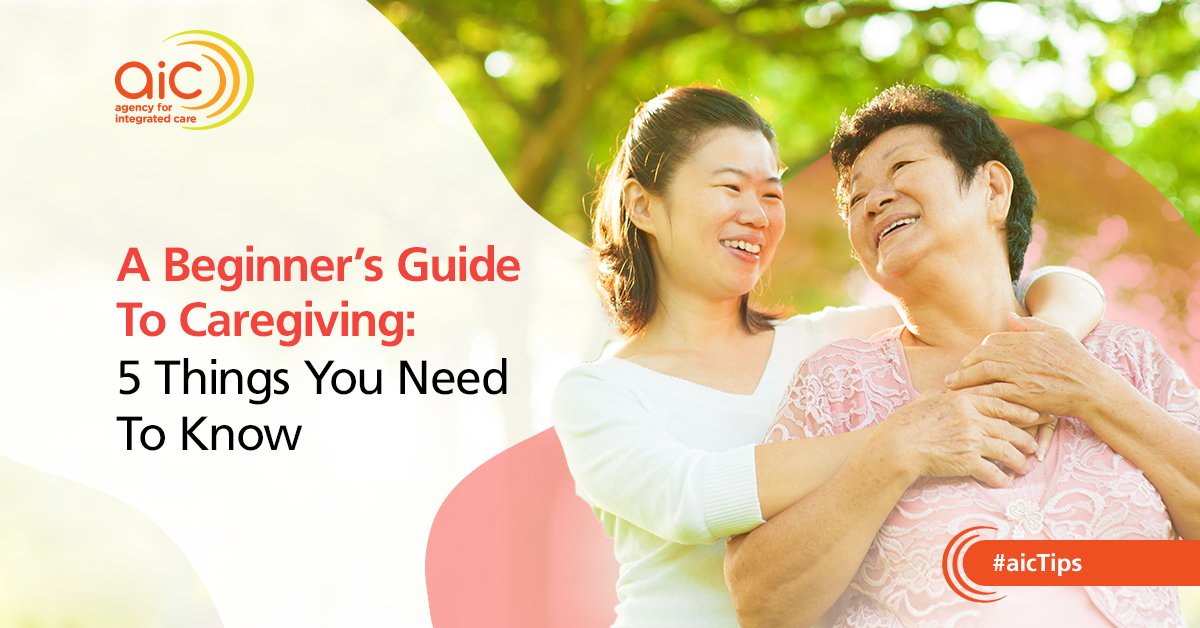Making adjustments to become a caregiver takes time. It’s easy to get overwhelmed by the responsibilities, so it’s important to set a firm foundation early.
Here are five key tips to get you started on your caregiving journey!
1. Build a support system
If you’re the main caregiver, it’s important to identify the next best person/next-of-kin for your loved one to rely on in the event that you are unable to care for them. Alternatively you can consider respite care, a short-term care option, when you need to take a break from your caregiving duties, or when you need additional assistance.
If you’re seeking regular activities and support, you can consider joining caregiver support groups near you. You can find the list of caregiving support groups here.
Surround yourselves with people who can provide a listening ear and see things from your point of view. It can be a life-changer.
2. Know when and where to seek help
It’s important to know the signs and symptoms of caregiver stress so that you can seek help before you’re overwhelmed.
Understand that self-care helps to improve the quality of care to your loved one. Establish routines for self-care so that you have adequate breaks and rest time to recharge. If you need financial assistance, check out some grants to subsidise your caregiving expenses, such as caregiver support services or even training expenses. These include the Home Caregiving Grant and the Caregivers Training Grant.
3. Work with your medical care network
Caregivers should talk to doctors, and medical social workers, for more information to care better for your loved ones. For instance, initiatives like the Primary Care Network (PCN) focus on assisting patients with chronic medical conditions. Through the network, a team of healthcare professionals will step in to follow-up on the medical needs for your loved ones, so that you can focus on other aspects of your caregiving duties.
4. Do your research and keep learning
It’s important to understand the health conditions of your loved one. You can do so by finding caregiving resources online, or do some research at local libraries near you to familiarise yourself with the signs and symptoms.
There are many available courses to take up to learn new techniques to create a safe and conducive environment for your loved one.
5. Managing mindsets and adjusting expectations
When it comes to caregiving, it’s mind over matter. Muster confidence in your role as your loved one’s trusted caregiver. Before you start on your caregiving journey, align expectations and understand that there are different conditions and illnesses, which require different ways to care for.
There’s always new things to learn every day, and as a caregiver, you’ll need to be ready to deal with emergencies. Encourage your loved one to do Advance Care Planning (ACP), and have an open conversation with you about their preferred care plan in the event that they cannot make decisions for themselves.
Lastly, be forgiving towards yourself. If you didn’t achieve the outcome that you wanted, or feel burnout by the challenges thrown at you, it’s not the end! Take a break, organise your thoughts, and ask for help. Know that the best caregiver is the individual that gives the best of him or herself, so never be too hard on yourself.








